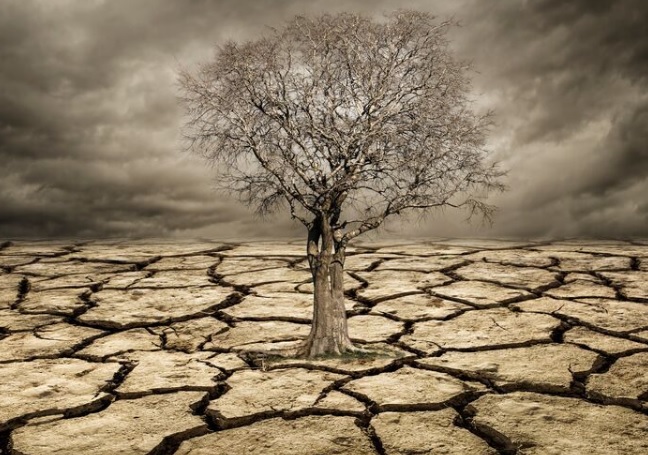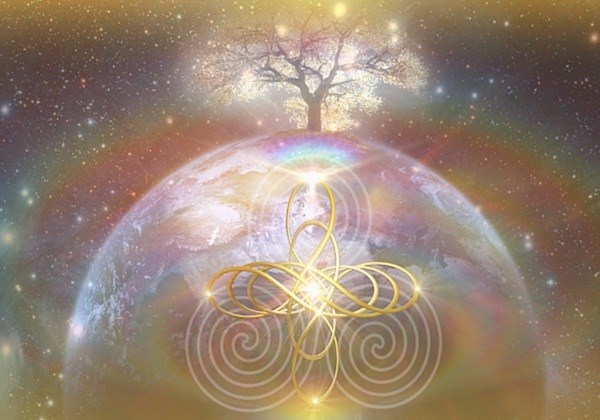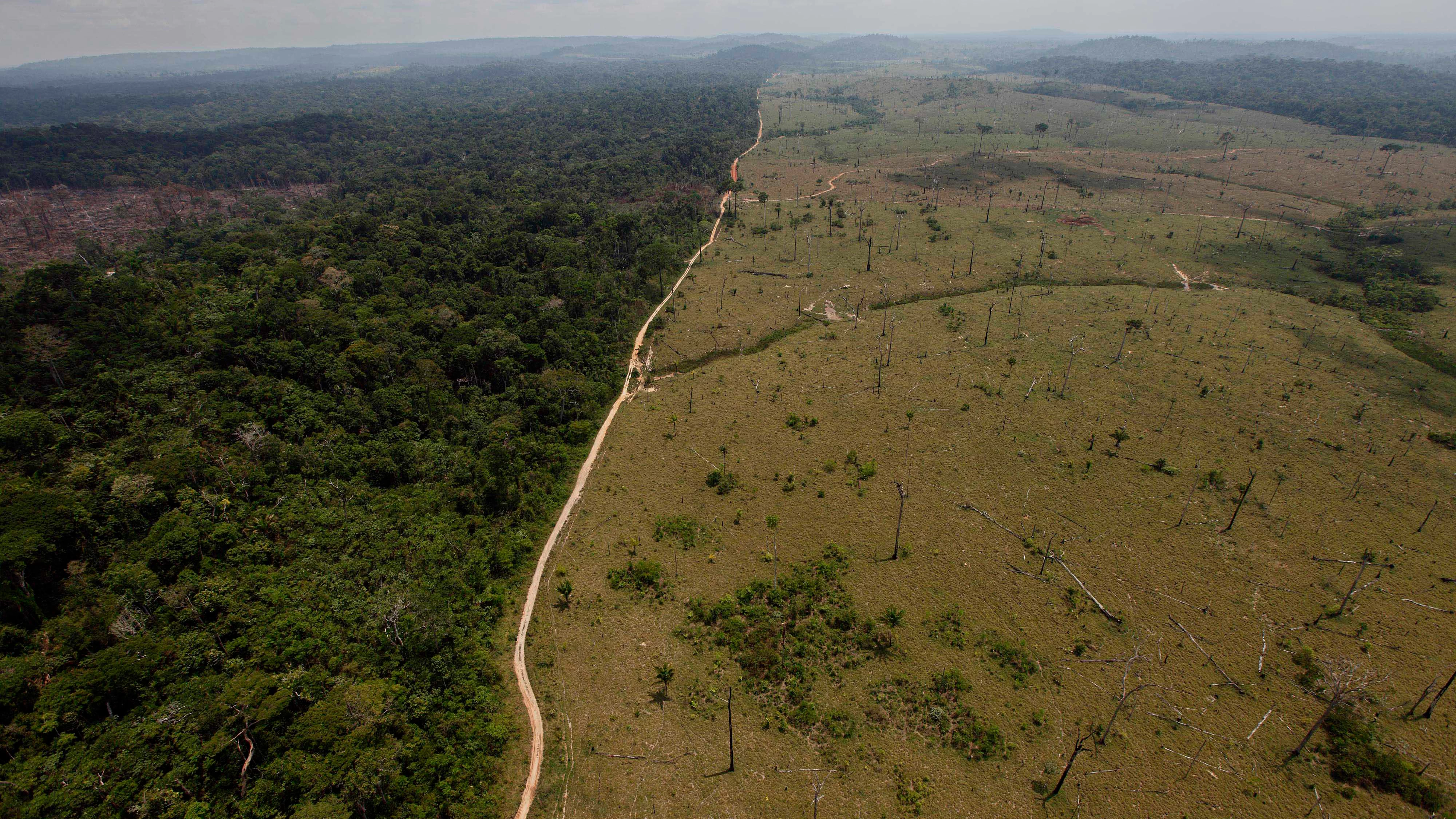Philosophers cannot operate in the same mode of fragmentation (that is, specialization) that has made man such a menace on the earth and expect to offer any insight, much less remedy for human destructiveness.
Todd May, writing, “Would Human Extinction Be a Tragedy?” in the New York Times “The Stone,” plays the part of the humble philosopher, and does not even attempt to offer insight into the human condition.
He simply leaves the reader in the same paralyzed state that the Western world, if not humankind, finds itself by saying, “It may well be that the extinction of humanity would make the world better off and yet would be a tragedy.” Do you hear the deadness in that sentence?
A serious human being, much less a putative philosopher, cannot glibly say: “It would be a tragedy if humankind went extinct, but it might just be a good thing.” Not only is that intellectually dishonest, an unseemly attempt to have things both ways, but it reveals an underlying misanthropy that lies at the root of the human crisis in its present, intensifying incarnation.
Let’s cut to the chase. How many experiments in consciousness is evolution carrying out at present in our galaxy? (Forget thinking in terms of light years, and think in terms of the present and future, as we must here on earth.)

Optimistically, it’s perhaps 1000; pessimistically, it’s 100. Either way, the experiment in consciousness has intrinsic value.
That’s why it’s simply false to say, “Even to ask the question of whether it would be a tragedy is humans were to disappear from the face of the planet requires a normative framework that is restricted to human beings.” (Much less that we must “situate it within the human practice of [Western] philosophy.”)
Such statements attest not only to unexamined cultural bias but unexamined anthropocentrism. We continue to see humans as the center of the universe because we have not yet discovered that life is common, complex life rare, and potentially intelligent life precious. It is a monumental failure of insight and imagination.
It’s absurd to think that humans are the only potentially intelligent species in our galaxy, much less the universe. There are undoubtedly other thought-bearing species that have gone through the same crisis generated by ‘higher thought’ and made the transition to intelligent life, and others that have failed and gone extinct.
Either way, the experiment matters. And it’s come to a head in our age here on earth.
So what is consciousness, what is intelligent life, and what is the importance of potentially fully conscious beings in the universe?

I feel I’ve found out, but cannot even receive what philosophers call a “fair and sympathetic hearing.” No wonder, given the kind of philosophical rubbish that’s featured in the New York Times.
The universe is an unfolding actuality of seamless wholeness. Thought is an adaptive mechanism based on separation, which generates increasing fragmentation without insight into its operation within us.
Therefore the evolution of ‘higher thought’ is both a precondition for fully conscious awareness, and a tremendous impediment to it.
Asking whether the extinction of humanity would be a tragedy is the ultimate example of the wrong question. Our extinction is not an option, and its possibility cannot be considered from some misanthropic, academically objective position.
There is no refuge in believing it’s too late for our species. To take psychological comfort in thinking it’s too late, as many people now do, is to commit emotional and spiritual suicide.
We can and must ask: Does the man-made darkness/evil produced by conscious thought completely rule our age?
Perhaps so, but the fat lady hasn’t sung on our age, much less humankind.
When we end psychological thought in undivided, undirected attention to its movement within ourselves, the underlying wholeness and holiness of the cosmos are directly perceived.
That’s how we can grow into human beings, save our species, and bring order to the world.
Martin LeFevre

